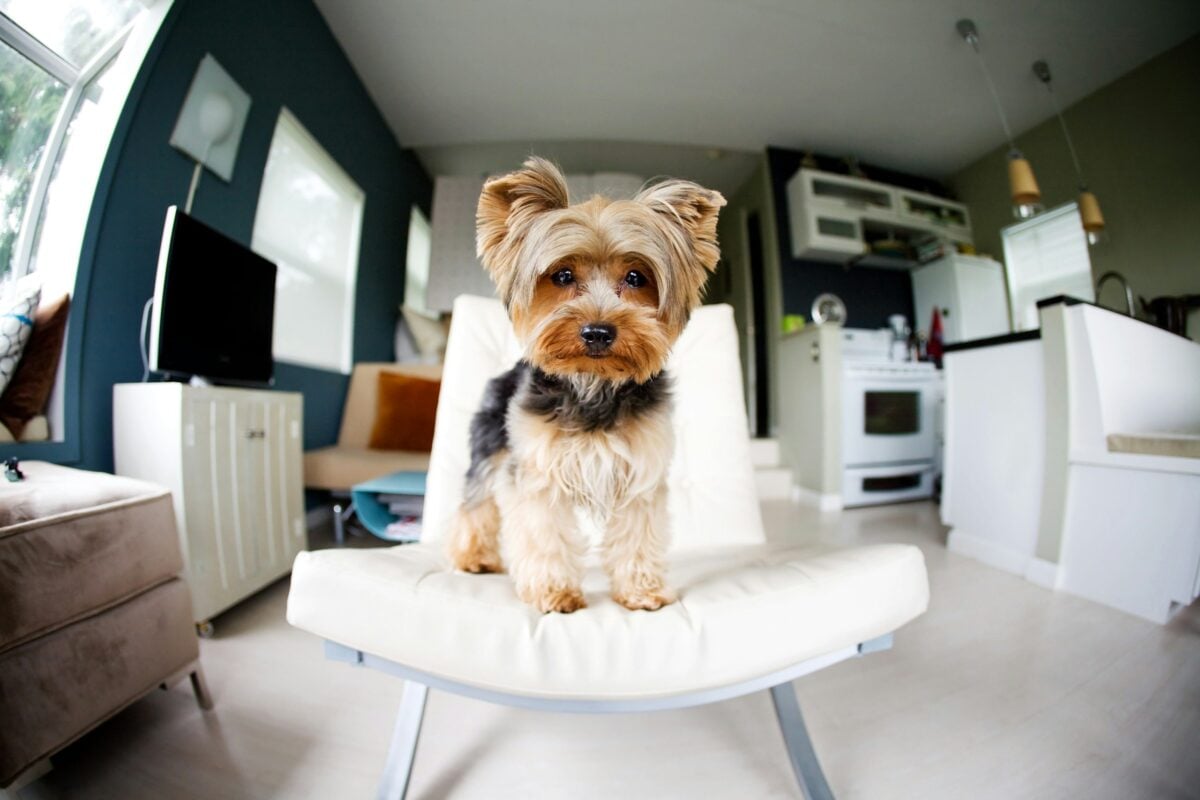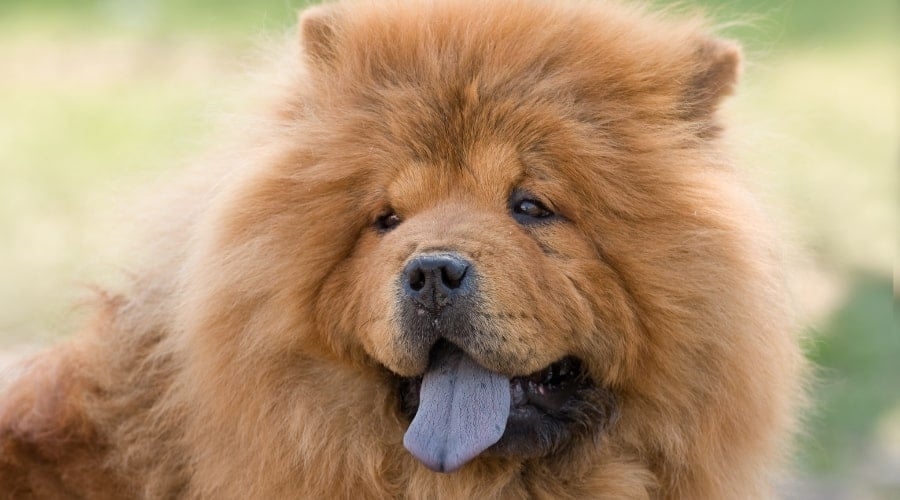Yorkshire Terrier: Tiny Dog, Massive Personality
When you purchase through links on our site, we may earn a commission. Here’s how it works.
Yorkies may be tiny, but they live life on a much bigger scale. They’re bold, affectionate, curious, a little dramatic, and absolutely convinced they belong at the center of your daily routine. One minute, they’re curled against your chest, the next, they’re announcing breaking news out the window at full volume.
Table of Contents
If you’re thinking about bringing one home in the new year, here’s the guide that covers everything the cute photos don’t — from their big personalities to their real-world needs — so you know exactly what life with a Yorkshire Terrier is truly like.
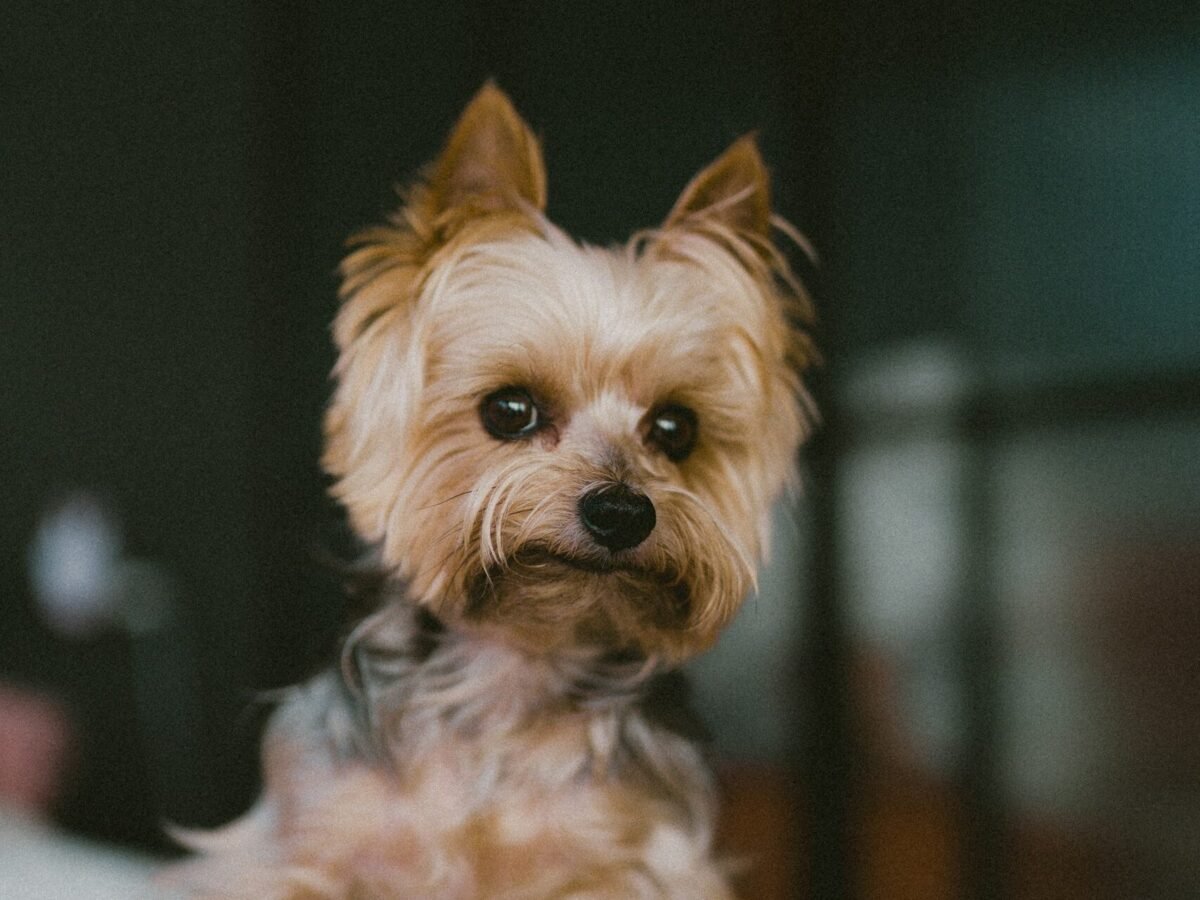
Why Yorkies End Up On So Many Wish Lists
The Yorkie’s tiny size, big personality, and apartment-friendly lifestyle make them a top contender for first-time dog owners. But before you fall in love with the idea of a Yorkie for 2026, here’s what to know about what living with one is really like.
Meet The Yorkshire Terrier: Small Dog, Big Legacy
Don’t let the hair fool you, this breed was born to hunt, not pose. The Yorkshire Terrier started out in grimy textile mills chasing rats in the UK, not strutting around in designer sweaters.
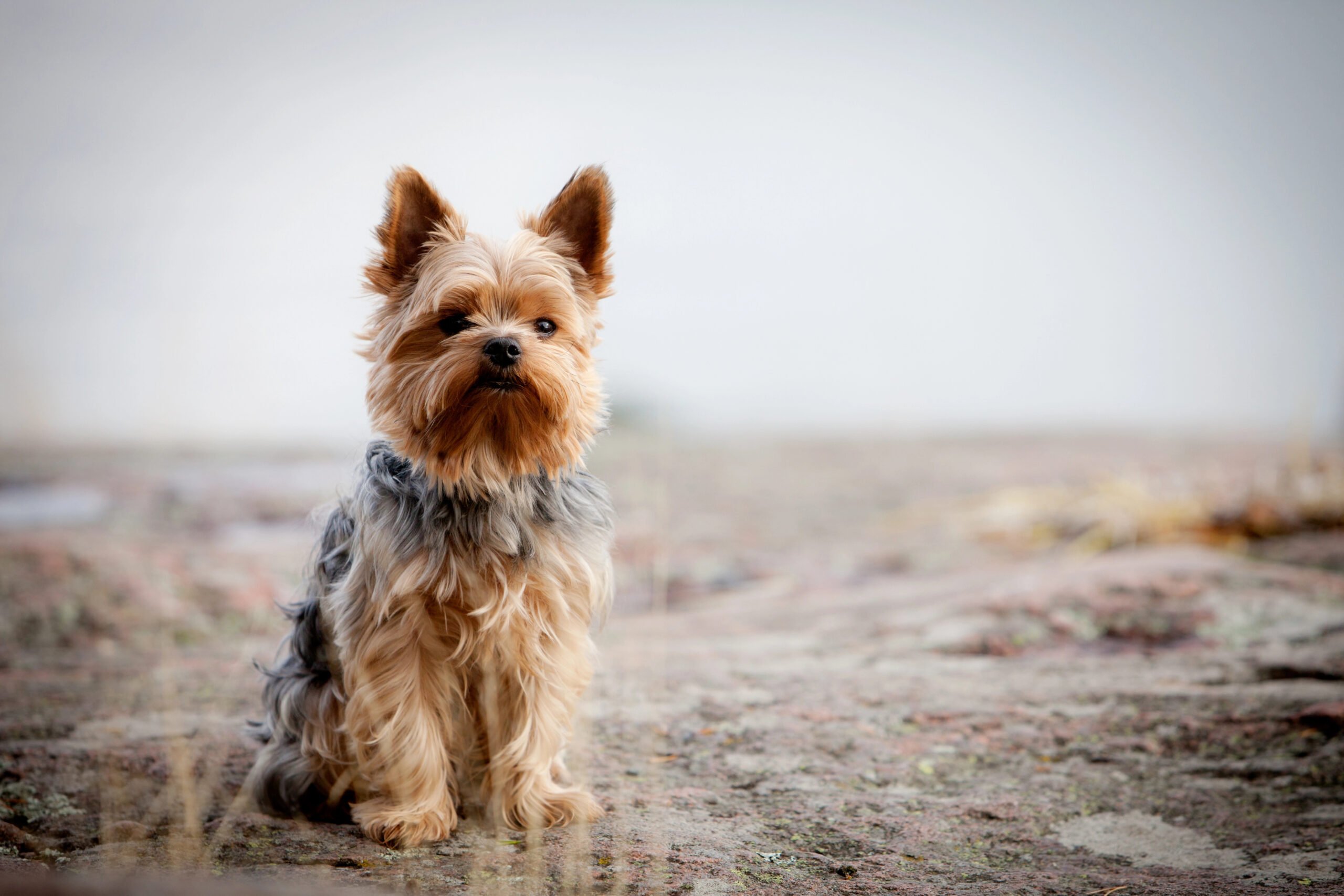
It wasn’t long before these feisty little ratters became the favorite companions of fashionable ladies. The Yorkie crossed the pond to the U.S., where the breed quickly became the preferred choice of upper-class ladies of leisure as an early form of purse-dog.
Fast-forward a few centuries, they’re now a favorite of all kinds of families. But most importantly, that same scrappy attitude still shows up every time your Yorkie refuses to eat unless it’s chicken.
Yorkies may look like pocket-sized royalty, but their working-class roots explain a lot: the energy, the stubbornness, the “I’m-in-charge-here” energy. They were bred to be bold, fast, and fearless.
Quick Takeaway: The Yorkshire Terrier is a 7-pound working dog in a toy dog disguise, with the instincts (and ego) of something 10x their size.
6 Hilariously Accurate Truths About Living With a Yorkshire Terrier
If you’re thinking about bringing home a Yorkshire Terrier, here’s a preview of your future: constant supervision, emotional manipulation, and unconditional love, with a side of chaos.
Yorkies are pint-sized drama queens with the attitude of a celebrity and the attention span of a caffeinated toddler. These six truths come directly from the people who’ve lived to tell the tale.
1. They Bark First, Ask Questions Never
Yorkies bark like it’s a competitive sport, and they always win. From the doorbell to your neighbor’s shoes to a cloud passing by, everything is suspicious. Their motto? “If I don’t bark, who will?”
Watch: This Yorkie is quick to file a complaint after an upsetting sniff.
Quick Tip: Teaching the “quiet” command early is a lifesaver (and may prevent neighborhood feuds).
2. They Choose Their Person & It’s Not Negotiable
Yorkies form a strong bond with one person, and everyone else is either staff or background noise.
Once chosen, prepare to become a permanent fixture in their life. Bathroom privacy? Gone. Personal space? Also gone.
Watch: Once a Yorkie selects their human, that’s it. You are now the designated pillow, emotional support human, and 24/7 cuddle infrastructure.
Quick Tip: Encourage socialization early or risk becoming the only one they’ll tolerate.
3. They’re Always Watching
Yorkies don’t do “alone time.” You are the center of their universe, and they’re determined to keep you under surveillance. Expect them to follow you from room to room, stare deeply into your soul during dinner, and panic if you close a door without them.
Watch: Yorkies don’t just follow you — they study you. This is what living with a furry little surveillance camera looks like.
Quick Tip: Crate training or cozy “safe spots” can help ease their anxiety, but they’ll probably still judge you. More on this later.
4. They’re Divas About Food
Yorkies are tiny food critics with a flair for the dramatic. They’ll skip meals just to make a point, and then guilt you into feeding them from your plate.
Watch: Your Yorkie may refuse to cooperate… until the right snack appears.
Quick Tip: Stay firm with meal routines and resist the urge to offer five dinner options (yes, even if they look at you like you’ve betrayed them).
When choosing kibble, look for a brand that’s designed specifically for Yorkies or other small breeds.
5. They Zoom Like They’re Late for a Meeting
Don’t be fooled by the nap sessions; Yorkies have zoomies on a timer. They’ll go from dead asleep to racing through your house like their tail’s on fire. Bonus: they often do this right after a bath or when you’re on a Zoom call.
Watch: Yorkie zoomies are not optional. They activate at random like a software update you didn’t agree to get.
Quick Tip: Indoor playtime and short outdoor bursts help burn off energy, but zoomies are inevitable.
6. They Love You So Much It Hurts
Despite the chaos, Yorkies are heartbreakingly loyal. They’ll curl up in your hoodie, sleep on your chest, and cry when you leave, like you’ve been deployed, not just gone to get coffee.
Watch: This is the face of a dog who would like to be permanently attached to your torso, thanks.
Quick Tip: Their affection is real, and they are a Velcro dog breed. Just balance it with healthy boundaries so you don’t raise a stage-five clinger.
What Does A Yorkie Dog Look Like?
Yorkies may be small, but they turn heads everywhere they go. Whether their coat is flowing like a show dog or trimmed short like a teddy bear, these dogs carry themselves like celebrities. Here’s what you’re working with when you bring home a Yorkshire Terrier.
1. Size & Body Style
- Height: Around 7–8 inches at the shoulder
- Weight: Usually 4–7 pounds (though some grow larger)
- Body: Compact and well-proportioned, with a straight back and proud posture
- Overall vibe: Like a toy breed that didn’t get the memo they’re a toy breed
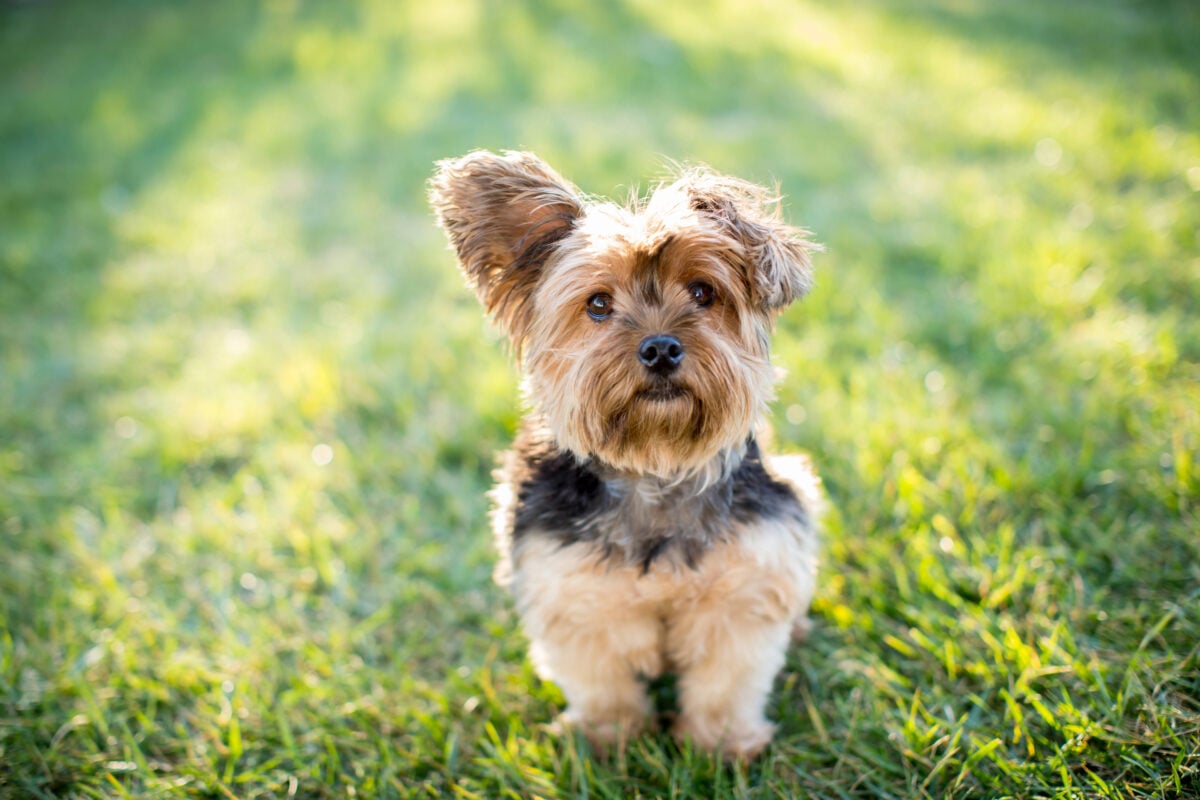
2. Coat Texture & Maintenance
Yorkies are hypoallergenic breeds, and have hair, not fur, which means:
- It grows continuously (like human hair)
- It doesn’t shed much
- It requires serious upkeep
Two common coat styles:
- Show Coat – Long, silky, floor-length glam
- Puppy Cut – Short, soft, easier to manage (and makes them look like plush toys)
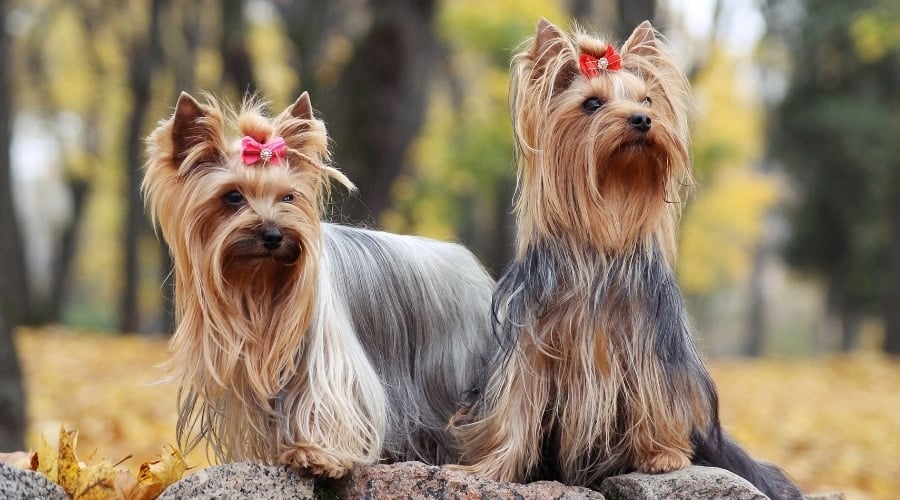
Grooming Expectations
Your Yorkie’s coat is a part-time job. Even with a short cut, they need regular upkeep.
- Brushing: Daily if long, 2–3 times a week if short
- Baths: Every 8 weeks
- Grooming Appointments: Every 6–8 weeks
- Face and Eye Trims: As needed, unless you tie it up or like the “Cousin It” look
Be sure to use a high‑quality shampoo tailored for Yorkies. Check out our guide to the best shampoo for Yorkies to keep their silky coat in top condition.
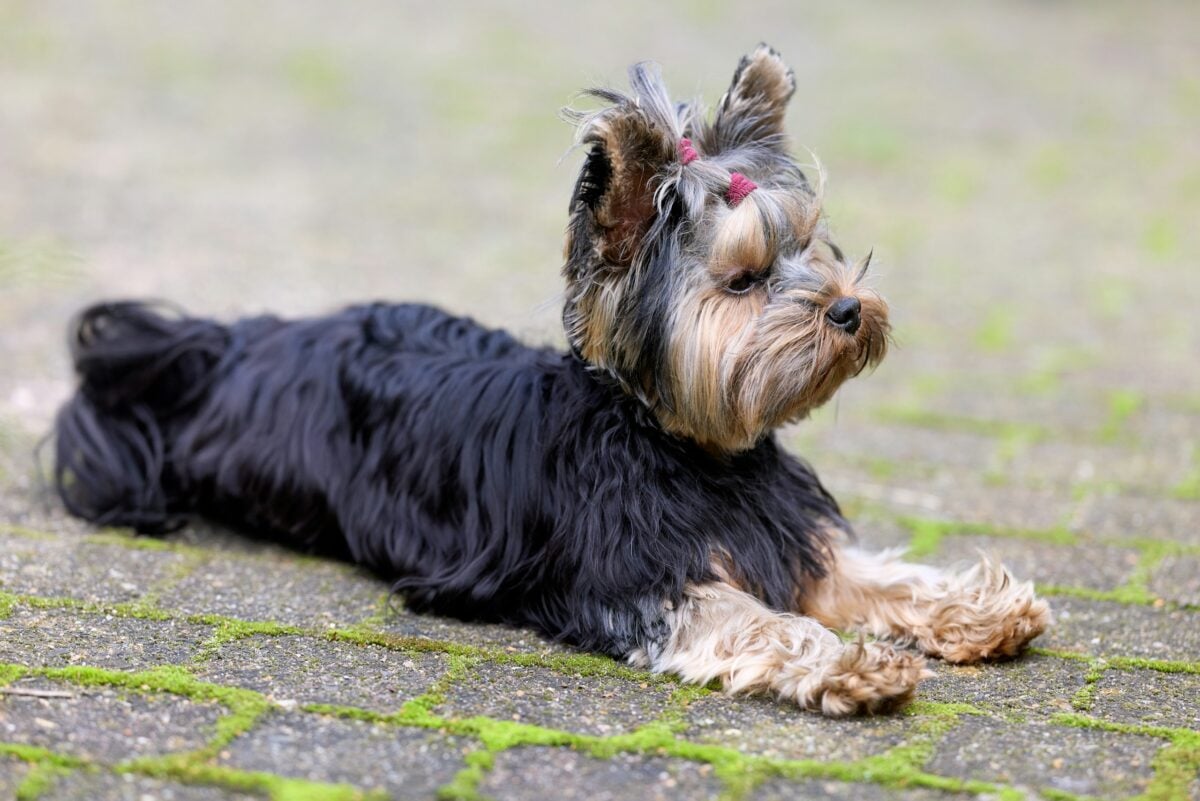
3. Common Coat Colors
All Yorkshire Terriers are born with smooth, black coats with small tan points. As the dog matures, their coat turns the characteristic dark steel blue and tan of the breed.
Some Yorkies remain black even in adulthood. Others can become very light and silvery in color.
Common adult colors include:
- Blue and gold
- Blue and tan
- Black and tan
- Black and gold
- Parti (white, black, and tan)
Their coat is silky, soft, and shiny, and they are regularly mistaken for the larger Silky Terrier.
Is A Yorkie Right For You?
You’ll thrive with a Yorkie if:
- You want a tiny dog with a giant, CEO-level personality
- You don’t mind barking, sass, and emotional theatrics
- You’re home often or work remotely (Yorkies hate being alone)
- You’re willing to commit to real grooming maintenance
- You enjoy a dog who behaves like a very small, very opinionated roommate
A Yorkie may not be your match if:
- You prefer a quiet, low-drama dog
- You want a truly low-maintenance grooming routine
- You don’t love being followed to the bathroom
- You want a dog who trains themselves
- You think “small dog” means “easy dog”
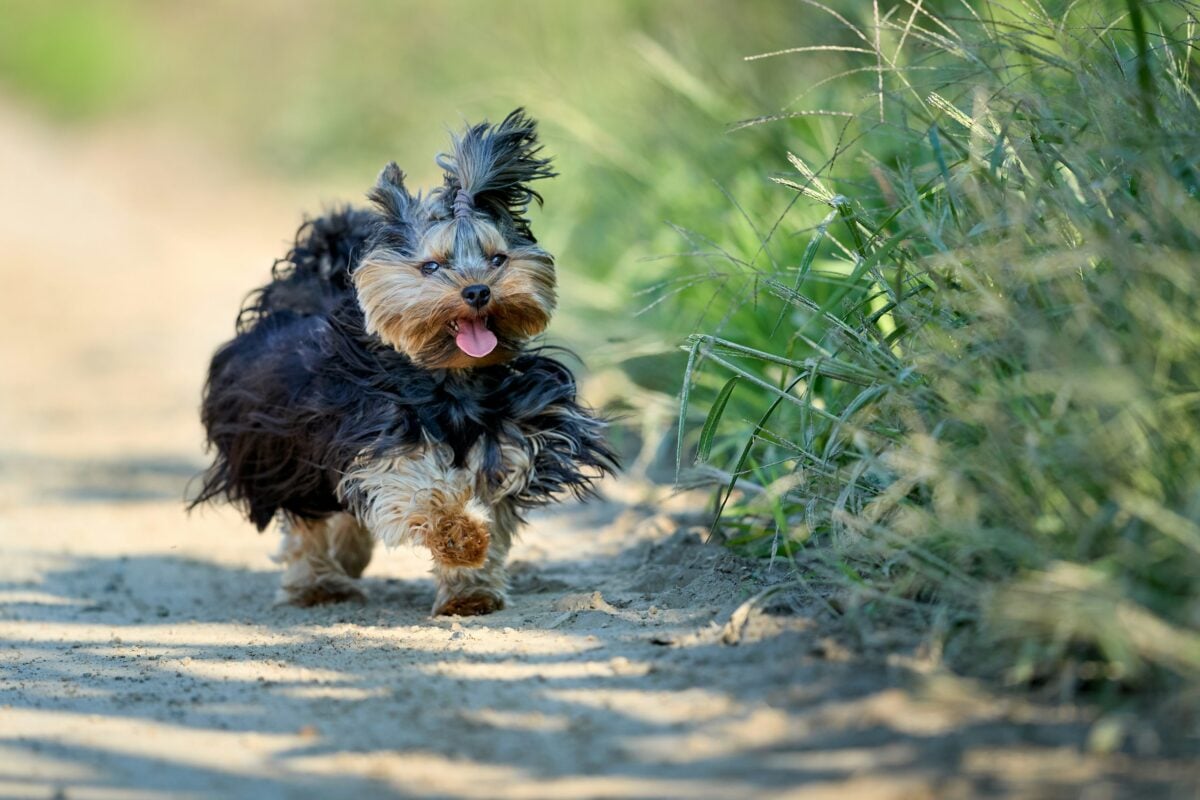
Quick Takeaway: Yorkies aren’t “easy small dogs.” They’re high-maintenance companions who thrive with owners who enjoy grooming, training, and a whole lot of personality. If you’re ready for loyalty and chaos in equal measure, you’ll be a great fit.
How Yorkies Compare To Other Small Breeds
Before you commit to a Yorkie, it helps to know how they stack up against other tiny dogs. Spoiler: not all small breeds bring the same level of chaos.
Here’s a quick side-by-side look at how Yorkies compare to other popular pocket-sized pups — and why the Yorkie’s reputation as a small-but-spicy roommate is fully earned.
| Trait | Yorkie | Papillon | Chihuahua | Maltese | Shih Tzu |
|---|---|---|---|---|---|
| Barking | 🔥🔥🔥🔥🔥 | 🔥🔥🔥 | 🔥🔥🔥 | 🔥🔥 | 🔥🔥 |
| Grooming | ✂️✂️✂️✂️ | ✂️ | ✂️ | ✂️✂️✂️ | ✂️✂️✂️✂️ |
| Stubbornness | 😤😤😤😤 | 😤😤 | 😤😤😤😤😤 | 😇😤 | 😤😤 |
| Velcro Level | ❤️❤️❤️❤️❤️ | ❤️❤️❤️ | ❤️❤️❤️ | ❤️❤️❤️❤️ | ❤️❤️❤️❤️ |
| Energy | ⚡️⚡️⚡️ | ⚡️⚡️⚡️⚡️ | ⚡️⚡️⚡️⚡️ | ⚡️⚡️ | ⚡️⚡️ |
| Trainability | 🎓🎓 | 🎓🎓🎓🎓🎓 | 🎓 | 🎓🎓🎓 | 🎓🎓🎓 |
If you’re still nodding along thinking “Yep, the Yorkie is my kind of small dog,” then congratulations — you might be Yorkie material. Here’s what they expect from you daily.
Yorkie Needs At A Glance
- Grooming: High — daily brushing + regular trims
- Training Difficulty: Medium to High — stubborn with strong opinions
- Exercise Needs: Low to Moderate — short walks + daily play
- Mental Stimulation: High — puzzles, training, and attention required
- Barking Level: Extremely High — alert first, think later
- Affection: Off the Charts — expects to be glued to you at all times
Yorkshire Terrier Personality: 4 Things You Need To Know
Yorkshire Terriers are bold, stubborn, loud, weirdly clever, and incredibly loyal. If you think you’re just getting a cute lapdog, buckle up, because Yorkies come with personality in all caps.
Here’s what life is really like with a Yorkie in charge.
1. Energy Level
Yorkies have two primary modes: curled up in your lap like a sleepy angel, or tearing around the house like their fur is on fire. They don’t require a lot of exercise, but they do need mental stimulation. Bored Yorkies find trouble, and once they find it, they go all in.
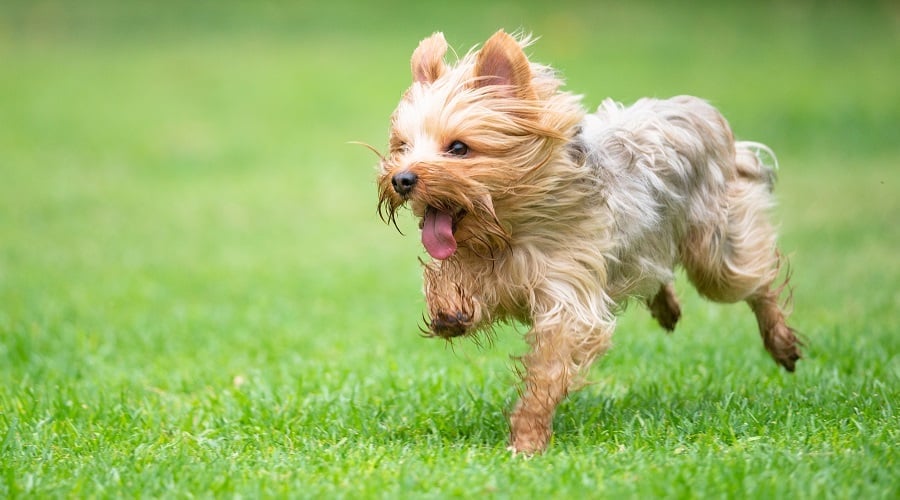
Much of that energy is due to their terrier heritage. They have a high prey drive and will chase anything and everything in sight, especially if it resembles a rodent. Their high prey drive means they love to run around and chase a ball, so be sure to play fetch and brain games to keep them stimulated.
To help stimulate them throughout the day, you need to invest in a variety of toys, like the toys we recommend for Yorkies or other squeaky options.
2. The Barking
Let’s talk about the excessive barking, because Yorkies do not come with a mute button.
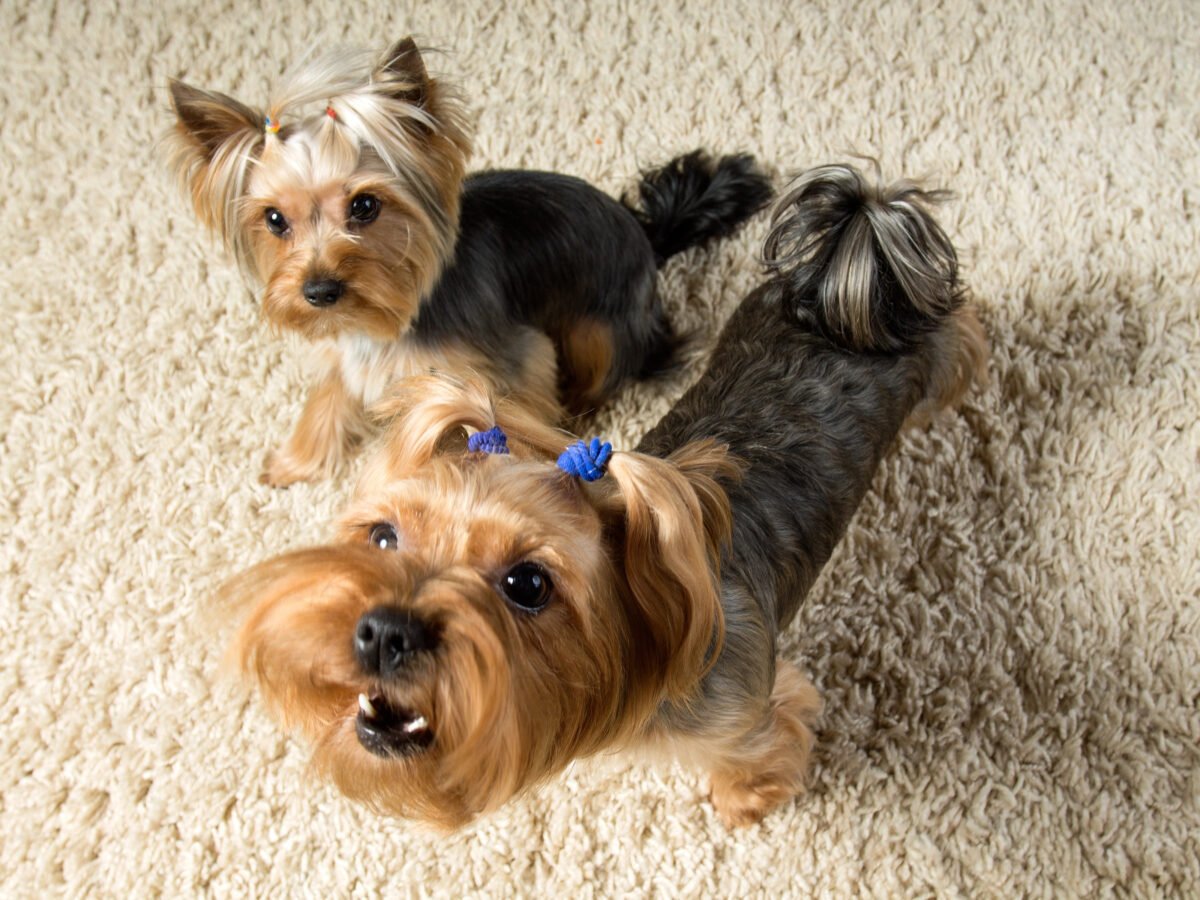
They bark at the doorbell, squirrels, and at your shadow. Sometimes they bark at nothing, probably just to hear themselves. It’s part watchdog, part drama queen, and it’s not optional.
The good news? They’re fiercely alert and make great little alarms. The bad news? So is your neighbor’s complaint.
3. Clinginess & Attachment Style
Yorkies don’t just bond with their people — they attach like tiny, affectionate magnets. Once they choose “their person,” expect a constant shadow following you from room to room, monitoring your activities, and insisting on front-row access to whatever you’re doing.
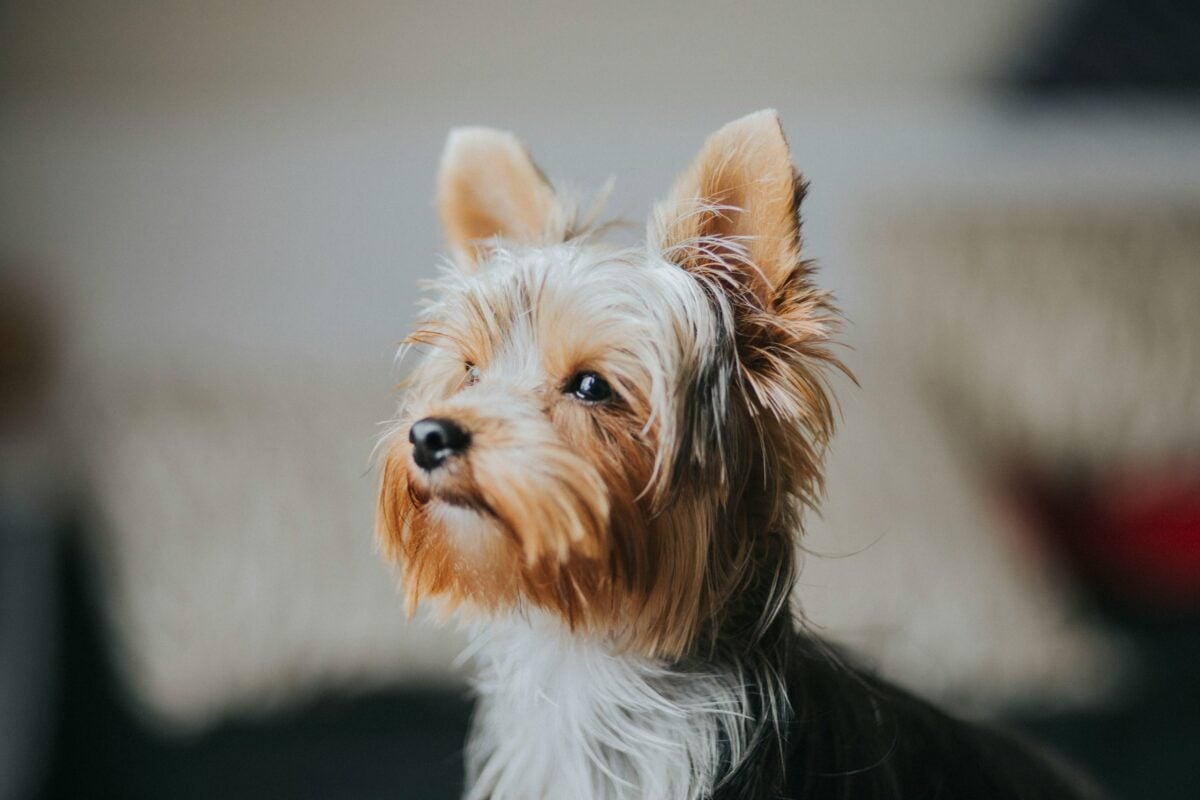
They aren’t independent dogs, and they don’t pretend to be. Yorkies thrive on closeness, routine, and attention. They want to sit with you, sleep near you, supervise your tasks, and participate in your emotional life, whether invited or not.
This deep attachment is part of their charm, but it also explains why Yorkies can struggle with being left alone. They’re happiest when they can stay close — curled in your lap, tucked under your arm, or trotting behind you like a tiny, devoted assistant.
4. Attitude Toward Humans
Once a Yorkie picks their favorite human, it’s game over. They will follow you, nap on you, bark if you leave, and treat anyone else like an intruder. They bond hard, love deeply, and expect you to be available at all times.
However, Yorkies aren’t always the best match for toddlers or strangers who move too fast. They crave respect, routine, and being the center of attention.
Watch: The Yorkshire Terrier personality is bold, bossy, loyal, and loud. If you’re ready for barking, stubbornness, and surprisingly intense love from a 7-pound shadow, you’re going to love life with a Yorkie.
Training A Yorkie Dog: 4 Issues
Yorkies may be small, but their egos are XXL. Training one is less like teaching a dog and more like negotiating with a very cute, very stubborn CEO who thinks they already know better. And sometimes? They kind of do.
If you’re imagining quick obedience and a perfectly behaved lapdog, bless your optimism. Here are the four most common training issues with Yorkies.
1. Stubborn, Smart & Selectively Deaf
Yorkies are sharp. They learn fast, but only if they feel like it. If there’s no treat, no praise, and no personal benefit? Expect a long, passive-aggressive stare and absolutely no compliance.
To overcome their potential stubborn streak, you need to start training early and make it fun. Otherwise, they’ll find something far more interesting to do.
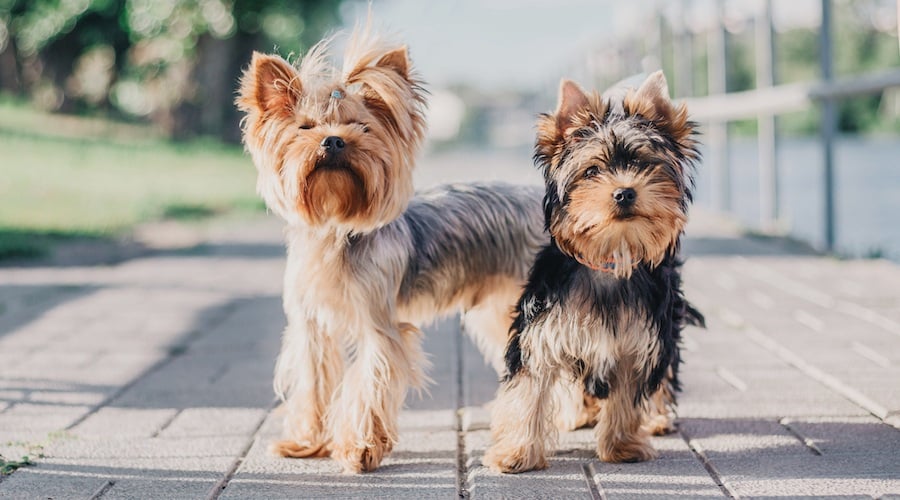
Because of their terrier blood, they have a streak of stubbornness, cheekiness, tenacity, and bossiness. If untrained, they can be a handful. But it is usually this feistiness that Yorkie lovers adore, and it is all a part of their canine charm.
They’re not being difficult for the fun of it (okay, maybe a little). Yorkies are independent thinkers with a strong sense of what should be happening. And they’re usually not wrong.
2. The Barking Problem (Again)
You’ve heard it before, but it deserves repeating: training a Yorkie not to bark takes consistency, patience, and sometimes industrial-strength earplugs.
They bark out of habit, anxiety, excitement, suspicion, and boredom. If you don’t actively teach quiet behavior, they’ll assume that constant barking is not only allowed but also expected.
What Helps
- Teaching “speak” and “quiet” as a command pair
- Rewarding silence (yes, literally praising not barking)
- Avoiding yelling, because Yorkies often see that as group barking
Socializing your Yorkie pup is also super important. Not only will it teach them the skills of dog ownership, but it will also build their confidence. In turn, this will prevent them from developing “small dog syndrome” and, in turn, excessive barking.
Don’t allow your small Yorkie to get away with naughty behaviors just because they are small.
Think you want a quieter companion? If constant barking isn’t your vibe, don’t worry, we’ve got you covered. Check out our guide to dog breeds that don’t bark as much and find a pup that matches your peace and quiet.
3. House Training
Small bladders, stubborn streaks, and a preference for soft surfaces (hello, rug) can make early potty training a challenge. Patience and consistency are your best friends.
- Stick to a routine
- Praise and reward like they just solved world peace
- Consider pee pads as a backup, especially in apartments
4. Separation Anxiety & Crate Training
Yorkies don’t just like their humans; they need them. Separation anxiety is common, especially if they haven’t been taught early on how to be alone.
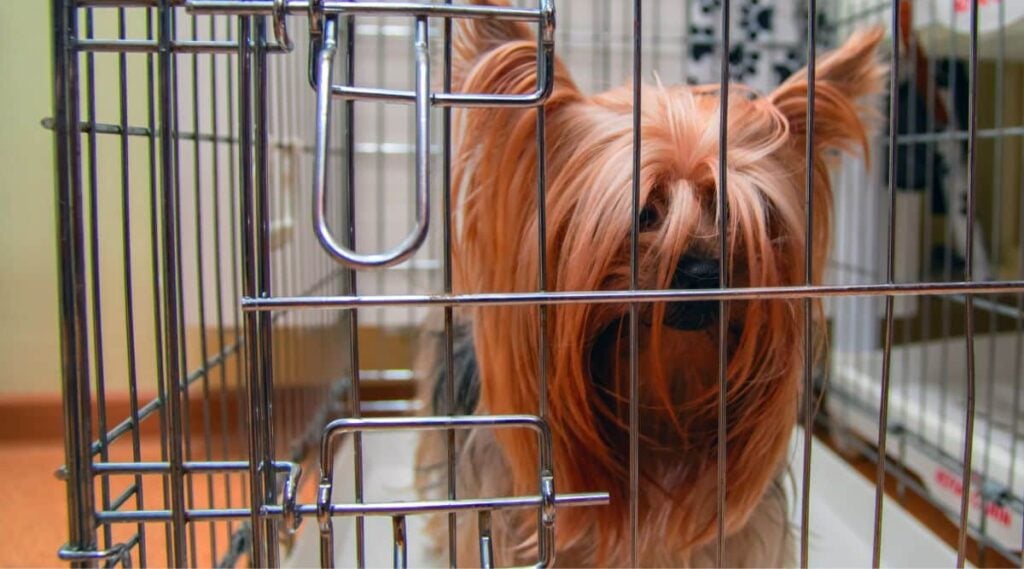
Without training, a Yorkie left alone may bark incessantly, chew, dig, or become so stressed that they become sick. Crate training helps give them a safe, cozy space that feels like their own little den.
Tips For Crate Success
- Introduce it as a positive space (treats, toys, calm energy)
- Never use it as punishment
- Start with short periods and build up gradually
- Keep the crate near you at first because it helps ease anxiety
Crate training isn’t just about controlling behavior; it’s about creating safety, structure, and security in your Yorkie’s world. Select the best crate for your Yorkie for optimal success.
Ideally, they need a family who can spend most of their day with them. Otherwise, they’ll become very sad and withdrawn, even with crate training. Thankfully, this purse-sized pup can travel with you to most places you go.
Best Training Tips For Yorkie Success
- Start early: The younger you begin, the easier it sticks
- Keep sessions short: 5–10 minutes is ideal for their attention span
- Use positive reinforcement: They respond best to treats, toys, and praise
- Crate train for structure and security: A properly introduced crate can help with house training, anxiety, and routine
- Socialize early and often: Prevent reactivity and nervousness around people or dogs
- Be consistent: One day of letting them get away with something = more days of retraining
Quick Takeaway: Training a Yorkshire Terrier takes patience, humor, and the ability to stay calm while being judged by a 7-pound fur boss. They’re smart enough to learn anything; you just have to convince them it’s worth their time.
5 Common Health Issues Every Yorkshire Terrier Owner Should Know
Behind the bows and bravado, Yorkshire Terriers are generally healthy little dogs. But their size and genetics come with a few health quirks you’ll want to be prepared for.
Some are common in small breeds, others are common in Yorkies, and all of them are easier to manage when you know what to watch for.

The average lifespan of a healthy Yorkshire Terrier is between 13 and 16 years. Although some have been known to live up to 18 years.
Here are the most common health concerns for Yorkie owners to be aware of:
1. Luxating Patella
Luxating patella is a fancy term for a kneecap that slips out of place. It’s one of the most common orthopedic issues in Yorkies and can cause limping, pain, or that weird little skip in their walk.
What to look for:
- Sudden limping or “hopping” on one back leg
- Stiffness after resting
- Reluctance to jump or run
Some dogs self-correct. Others need surgery. It often runs in lines, so responsible breeding matters.

2. Dental Problems
Yorkies are notorious for dental drama. Their small mouths lead to crowded teeth, which in turn lead to tartar buildup, gum disease, and bad breath that can clear a room.
What to expect:
- Daily brushing is strongly recommended
- Professional dental cleanings may be needed yearly
- Untreated dental issues can affect major organs over time
3. Legg-Calve-Perthes Disease
Legg-Calve-Perthes disease is a less common but serious condition. It affects the ball of the hip joint and typically appears in Yorkie puppies under one year old.
Warning signs include:
- Gradual or sudden limping
- Pain when touched around the hip
- Muscle loss in one leg
It almost always requires surgery. If your pup starts limping and doesn’t bounce back in a day, call your vet.
4. Hypoglycemia
Low blood sugar is a big risk in Yorkie puppies, especially Teacups. Stress, skipping meals, or too much play can trigger a crash.
Symptoms to catch fast:
- Weakness or wobbling
- Trembling
- Confused or glazed look
Keep high-sugar emergency options (such as light Karo syrup) on hand and ensure that young Yorkies eat small, frequent meals.
5. Tracheal Collapse
If your Yorkie makes a goose-honk sound when excited or exerted, they may have a collapsed trachea. It happens when the windpipe weakens and collapses during breathing.
Common triggers include:
- Pulling on a collar
- Excitement
- Dust or allergens
In severe cases, medication or surgery may be needed.
I recommend choosing a Yorkie-appropriate dog harness. This will ensure your pup doesn’t have any tracheal issues if they decide to pull. Yorkies are small, which means you’ll want to make walking as gentle as possible.
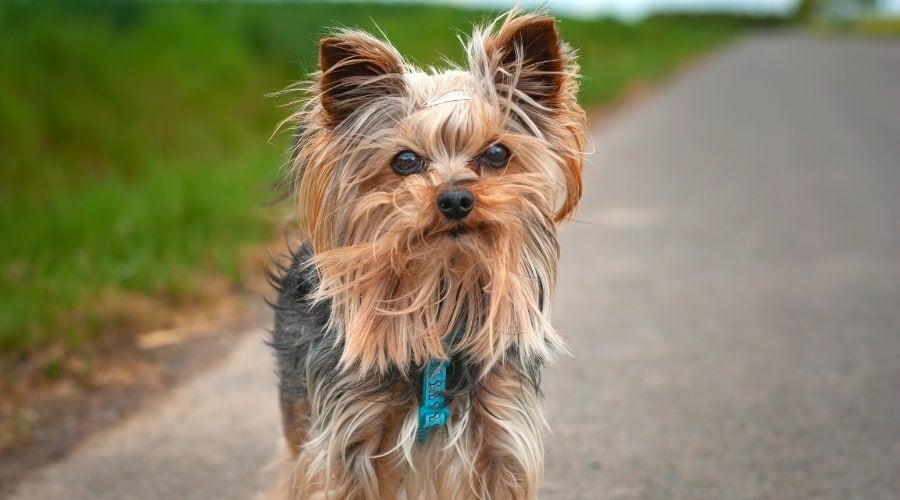
More Health Conditions
There are a few other health conditions that are common to the breed, including:
- Hypothyroidism
- Bladder stones
- Cataracts
- Ingrown eyelashes
- Portosystemic shunt
Quick Takeaway: Yorkies are tougher than they look, but they come with a few high-maintenance warning labels. Stay on top of their dental care, watch for weird limps or coughs, and don’t ignore subtle changes. A little preventative care now saves a lot of drama (and vet bills) later.
Best Pet Insurance For Yorkies
Choosing the best pet insurance for your Yorkie is a personal decision, but we recommend selecting a company based on its coverage, customer service, reputation, claim repayment timeline, price, and available plan customizations.
| Best Overall | Best Value | Fastest Claim Processing | Best Multiple Pet Discount | Best Newcomer |
|---|---|---|---|---|
| Pets Best | Figo | Healthy Paws | Embrace | Lemonade |
| Read Review | Read Review | Read Review | Read Review | Read Review |
Fortunately for you, if you sign up for pet insurance before your Yorkie is diagnosed with new health conditions or suffers an accident (after waiting periods), it can help cover the expenses.
We’ve selected the best pet insurance companies and evaluated them in our pet insurance reviews. Our article includes our top picks and reviews of the most popular pet insurance companies in the marketplace.
Pet Insurance Testimonial
Yorkshire Terrier: Lola
Pet Parent: Michael
Injury/Illness: Autoimmune disease
Fetch Reimbursement: $8,000
Fetch is the pet best insurance for your fur babies!!!! My wife and I have several dogs, including Lola, our precious 4-year-old Yorkie. Recently, she became quite ill from an autoimmune disease.
We took her to several doctors, and yes, the vet bills were quite expensive, nearly $8,500. But after all, Lola is family and our focus was making sure she got the best care. Needless to say, we found excellent doctors, and Lola is on the road to recovery.
Fetch reimbursed us nearly $8,000 so far for her care. Lola will be on medication for the rest of her life, but my wife and I are grateful to Fetch for standing by us and enabling us to get the best treatment for our fur baby, Lola.
Can You Actually Afford a Yorkie?
Yorkies might be small, but their lifestyle rarely is. Between the grooming appointments, surprise vet visits, and their love of the finer things (like refusing to eat kibble unless it’s warmed up), these dogs can quietly become one of the most expensive members of your household.
So before you get swept up in the cuteness, here’s what you need to know about the real cost of owning a Yorkshire Terrier.
1. The Upfront Price Tag
If you’re buying from a breeder, especially one that advertises Teacups or show-quality pups, prepare to pay a premium price. Responsible breeders who health-test and raise well-socialized puppies aren’t the cheapest, but it’s certainly worth it.
The cost of your Yorkie puppy will depend on where you live, the puppy’s parents’ show record, and the sex of the puppy. In general, Yorkie puppies can cost from around $500 to $10,000 for a puppy with many champions in their bloodline.
Adoption through rescues or shelters is often more affordable and just as rewarding. However, even then, your first year will include setup costs, such as a crate, grooming tools, harnesses, and a few squeaky toys you’ll regret buying at 2 a.m.
2. The Hidden Expenses That Add Up Fast
What most people don’t factor in is the long-term upkeep. Yorkies have hair, not fur, which means they require real grooming. Whether you pay a professional or do it yourself, you’re committing to regular brushing, trimming, bathing, and damage control after every roll in the grass.

Their small size also comes with big health considerations. Dental care, joint support, special diets, and “tiny dog” emergencies can turn into recurring costs quickly. And don’t forget: these dogs are known to have opinions about what they’ll eat, wear, and sleep on.
3. Time Is Money, Too
Beyond the financials, Yorkies take time. They need attention, training, playtime, and (if we’re being honest) a lot of emotional support. If you’re expecting a low-effort lapdog, this isn’t it.
That said, what you spend in dollars and hours, they’ll give back in loyalty, love, and wildly entertaining behavior.
Quick Takeaway: Yorkies may be small, but they don’t live small. From grooming to veterinary care to their unique preferences, this breed demands premium-level upkeep with premium-level love. Be honest with yourself. Not just about your budget, but about your time, patience, and willingness, too.
3 Yorkie Variations
When you hear “Yorkshire Terrier,” you probably picture the classic blue-and-tan pup with silky hair and big energy. But not every Yorkie fits the mold. From rare color patterns to extra-tiny versions to designer mixes, there’s more variety in the Yorkie world than most people realize.
Here’s a breakdown of the most popular Yorkie variations, and what to know about each one.
1. Parti Yorkies
Parti Yorkies are purebred Yorkies with a twist, mostly in the coat. Instead of the traditional blue and tan, they have a mix of white, black, and tan in bold, patchy patterns.
- Same size, personality, and grooming needs as standard Yorkies
- Often have a flashier, more colorful coat
- They can be harder to find, but they are still considered purebred by many breeders
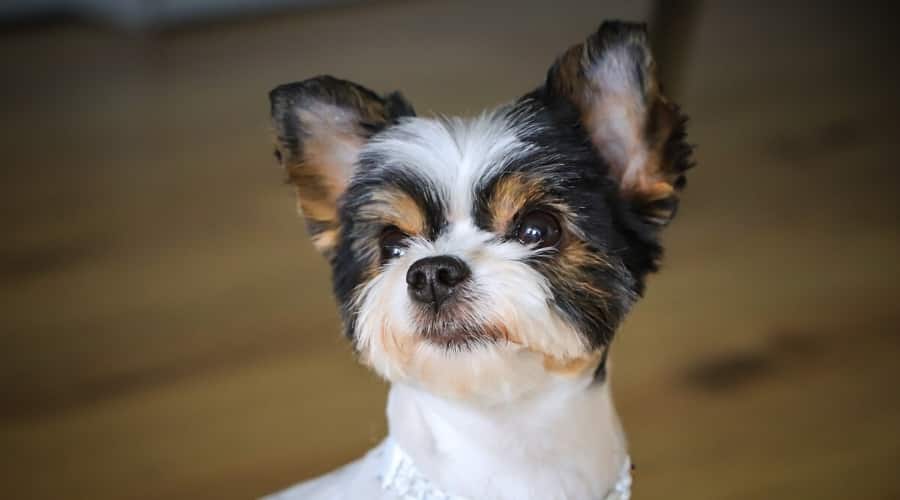
2. Teacup Yorkies
Teacup Yorkies are extra-small Yorkies bred to weigh under 4 pounds. While they’re undeniably cute, this trend comes with risks.
The American Kennel Club (AKC) and other kennel clubs don’t recognize the Teacup as a separate variety of the breed, and breeding practices for the “Teacup” are controversial and widely discouraged by responsible breeders.
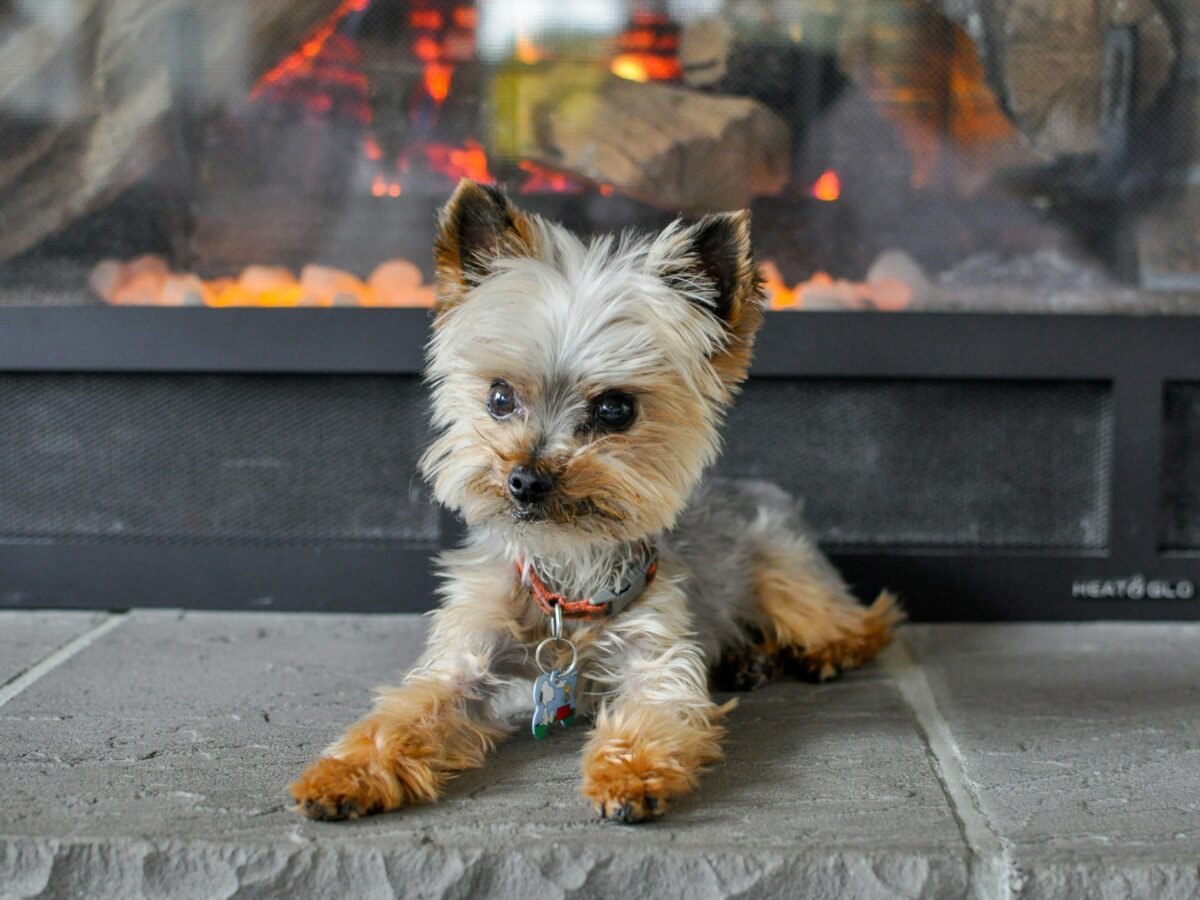
Things to know before you fall in love:
- They’re often more fragile, especially as puppies
- It is a great risk during pregnancy because they’re too small to give birth naturally, resulting in a high mortality rate
- Common issues include low blood sugar, fragile bones, and extra vet care
- Some breeders may prioritize size over health, so vet thoroughly and ask questions
We have a dedicated breed guide for Teacup Yorkies if you are interested in learning more about them.
3. Yorkie Mixes
Yorkies are a favorite for hybrid breeding, creating “designer dogs” that mix the Yorkie’s spunk with the traits of other popular breeds. Some are fluffy, some are feisty, and most are full of surprises.
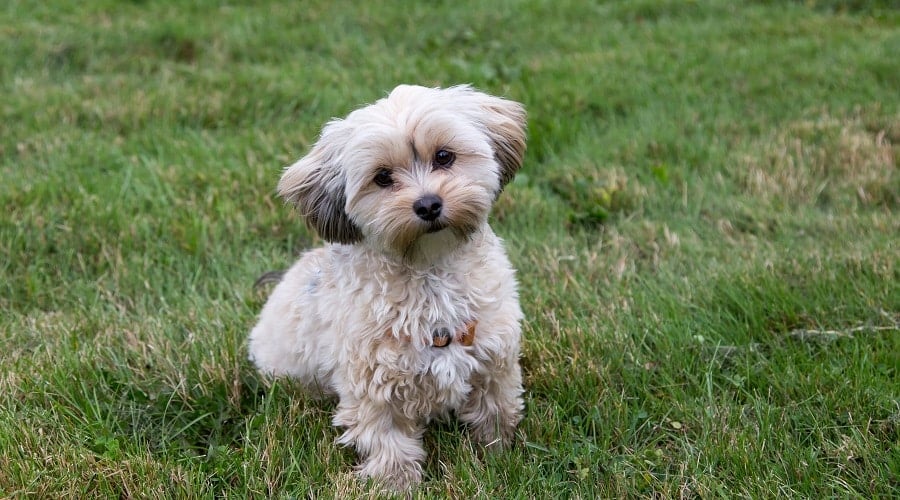
Popular Yorkie mixes include:
- Morkie (Maltese + Yorkie): affectionate, small, and clingy
- Yorkipoo (Yorkie + Poodle): curly coat, clever, may shed less
- Chorkie (Chihuahua + Yorkie): spicy, sassy, and full of opinions
- Shorkie (Shih Tzu + Yorkie): more mellow but still attitude-packed
With mixes, expect variation in size, coat type, and temperament, even within the same litter.
Quick Takeaway: Not all Yorkies come standard-issue. Whether you’re drawn to a spotted Parti coat, a pocket-sized Teacup, or a quirky Yorkie mix, make sure you understand what you’re getting into. The coat might change, the size might shrink, but the attitude? Always full-sized.
Where To Find A Yorkie Without Getting Scammed
Yorkies are one of the most popular small breeds in the world, which makes them a magnet for both responsible breeders and shady sellers. If you’re looking to bring one home, the first step is learning how to spot the difference.
Breeders: What to Look For
A reputable breeder will prioritize health and temperament over quick sales.
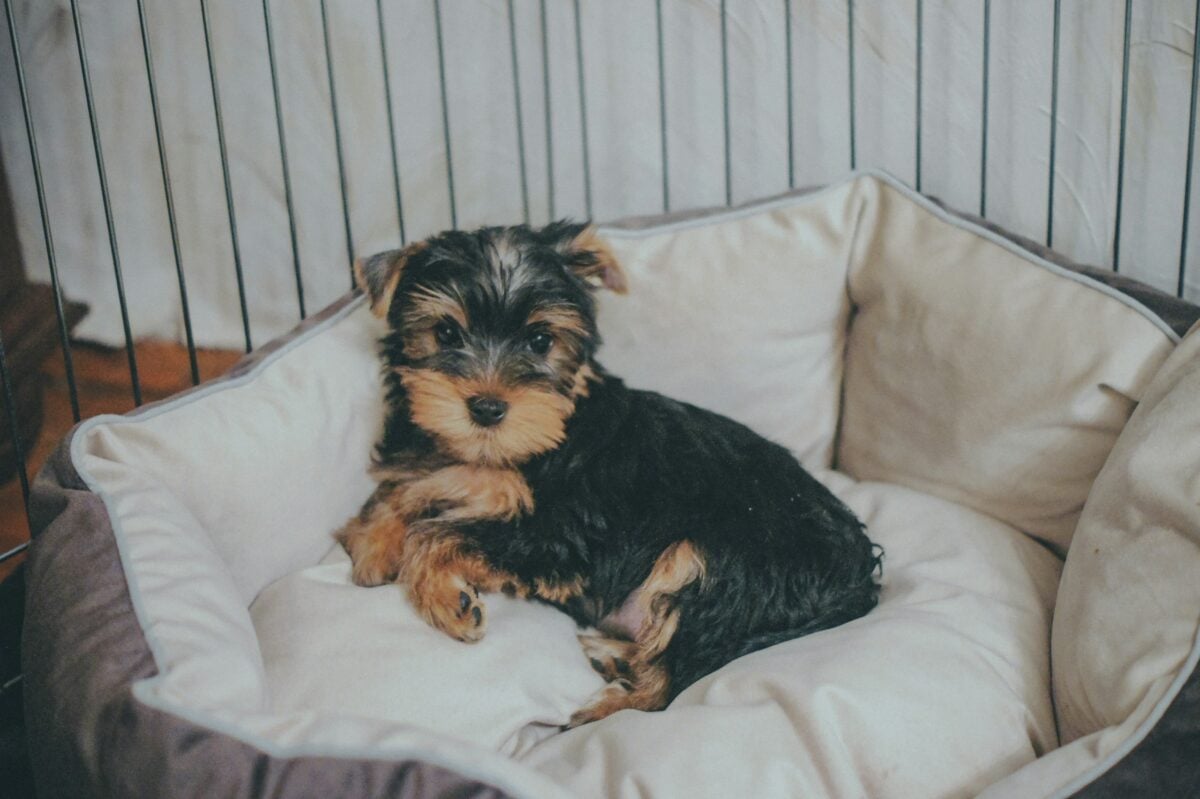
Expect:
- Health testing and records for both parents
- Clean, safe living conditions for puppies
- Transparency about the breed’s quirks and potential health issues
- A willingness to answer your questions and ask you questions, too
A good place to begin your search for a Yorkie puppy is on the website of the Yorkshire Terrier Club of America.
Red flag? Anyone selling “Teacup Yorkies” for a bargain price without providing a health history. If the ad feels too good to be true, it probably is.
Rescues & Shelters
If you’d rather adopt, good news: Yorkies often show up in breed-specific rescues and general shelters. Many are surrendered because their owners underestimated the grooming or the personality, not because the dogs are “bad.”
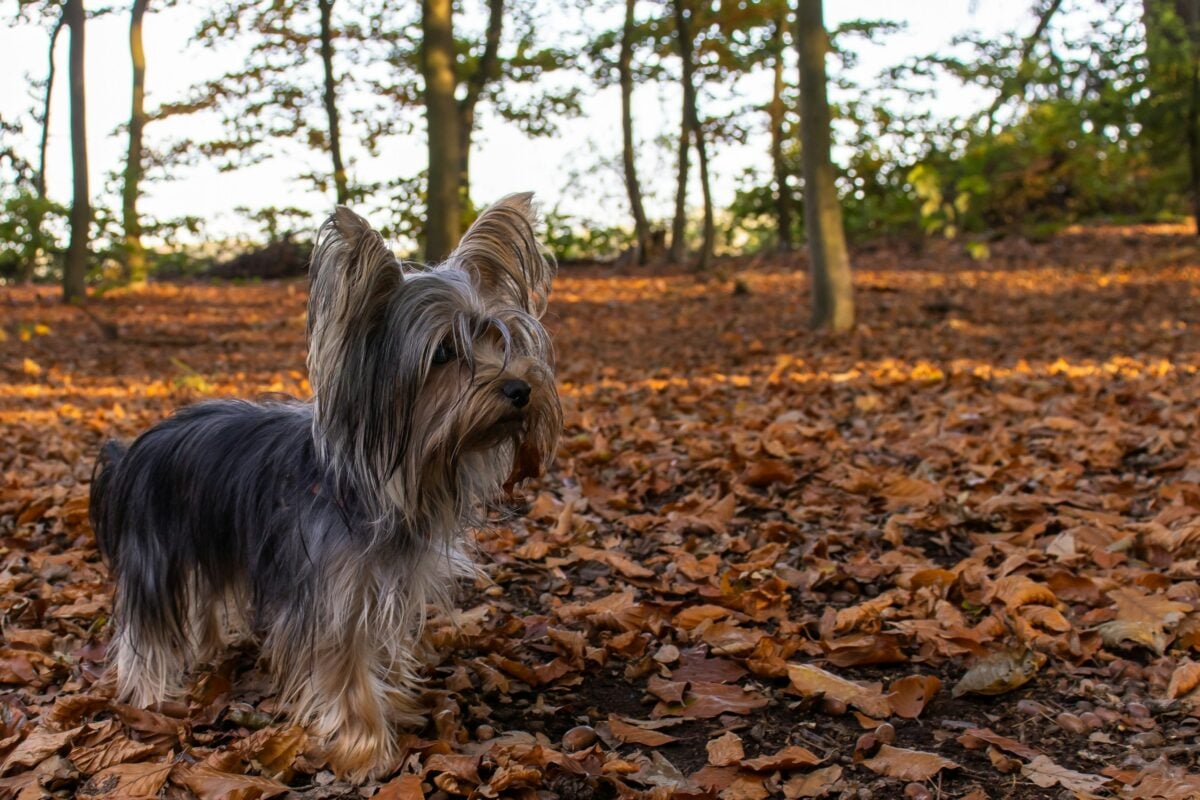
Why adoption can be a great option:
- Lower upfront cost than buying from a breeder
- You give a home to a dog in need
- Many rescues provide vetting and basic training before placement
Don’t overlook older Yorkies; seniors are often easier to train, already housebroken, and just as full of love. You can start by checking the Yorkshire Terrier National, Inc. to see if any Yorkies need homes near you.
How To Avoid Scams
- Never buy a puppy sight unseen without a video call or in-person visit
- Avoid sites that only list puppies for sale without breeder details
- Watch for vague health guarantees or “papers” that don’t trace back to real registries
- Don’t pay in gift cards, cash apps, or wire transfers
Legit breeders and rescues will happily provide references, contracts, and proof of health testing. Puppy mills are to be avoided at all costs when it comes to buying a pup.
Are You Ready For A Dog?
Before bringing a new Yorkie pup home, be sure you have the right setup for them and plenty of time to dedicate to your new fur baby. Learn more about how to be a responsible dog owner and what to expect in your puppy’s first year.
We cover the costs of a dog to help you determine if you are financially ready for a new pup. Plus, we have also put together a puppy checklist to ensure you don’t miss anything on the big day.
Share Your Yorkie Story! We’d love to hear it. Respond with your funniest, sweetest, or wildest Yorkshire Terrier story in the comments, because no one understands Yorkie life better than fellow Yorkie parents.
